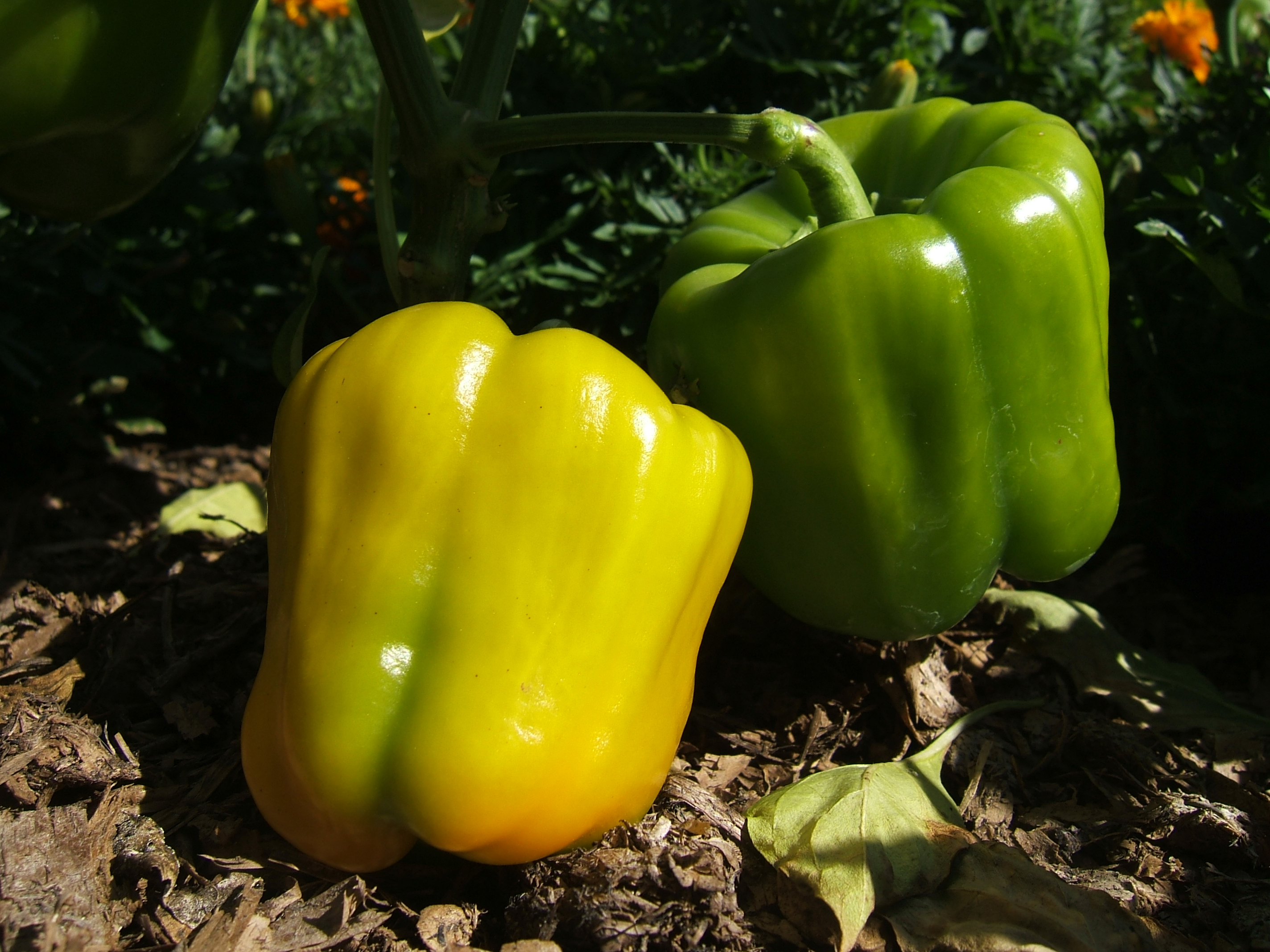Discover the Best Fertilizers for Peppers: Top Picks for Optimum Growth
Discover the Best Fertilizers for Peppers: Top Picks for Optimum Growth
Blog Article
Organic Vs. Synthetic Fertilizers: Which Is Best for Nurturing Healthy Pepper Plants?
In the world of nurturing healthy pepper plants, the choice between artificial and organic fertilizers stands as a pivotal choice with far-reaching ramifications. While both options purpose to provide vital nutrients to sustain plant development, the subtleties of their influence on the soil, plant health and wellness, and the setting trigger a discussion that echoes throughout the gardening neighborhood. Recognizing the distinctive advantages and possible risks of each fertilizer type is essential for pepper growers looking for to maximize their returns while keeping an eco-conscious and lasting method.
Benefits of Organic Fertilizers
Organic fertilizers provide an environmentally-friendly and sustainable technique to beneficial pepper plants, offering important nutrients without the usage of artificial chemicals. These all-natural plant foods are originated from organic sources such as garden compost, manure, bone meal, and algae, promoting dirt health and biodiversity. Unlike artificial plant foods, natural alternatives launch nutrients slowly, guaranteeing a consistent and balanced supply for pepper plants to grow.
One considerable advantage of organic plant foods is their ability to improve dirt framework and water retention. By improving soil health, natural fertilizers promote useful microbial task, which helps in nutrient uptake by pepper plants. In addition, organic fertilizers reduce the risk of chemical run-off, protecting water sources from air pollution and guarding the environment.
Additionally, natural plant foods contribute to long-term dirt fertility by advertising the growth of helpful dirt organisms. These microorganisms help damage down organic issue, launching nutrients in a form that is conveniently accessible to pepper plants. best fertilizers for peppers. By cultivating a healthy and balanced dirt community, natural plant foods sustain sustainable pepper farming methods that benefit both plants and the environment
Disadvantages of Synthetic Fertilizers
Artificial plant foods, in comparison to their organic counterparts, present different disadvantages when utilized to nourish pepper plants, impacting both plant health and wellness and environmental sustainability. One significant disadvantage of artificial plant foods is their tendency to seep nutrients from the dirt swiftly. This fast leaching can lead to nutrient discrepancies in the soil, triggering plants to struggle with deficiencies or toxicities. Furthermore, artificial plant foods can harm advantageous dirt microorganisms, such as earthworms and helpful bacteria, disrupting the dirt ecosystem's balance.
Furthermore, the overuse of synthetic fertilizers can add to water air pollution. Excess fertilizers not taken in by plants can get rid of right into water bodies, causing eutrophication, where algae blooms deplete oxygen degrees in the water, harming water life. Moreover, synthetic fertilizers are normally obtained from non-renewable sources, such as fossil fuels, adding to carbon discharges like this and ecological destruction throughout their production.
Nutrient Absorption Comparison
Reliable nutrient absorption plays a vital function in the overall health and growth of pepper plants. When contrasting artificial and natural plant foods in regards to nutrient absorption, natural fertilizers have the benefit of giving a much more balanced and slow-release resource of nutrients (best fertilizers for peppers). Organic plant foods contain a range of macro and micronutrients that are not just beneficial for the plants yet likewise advertise healthy and balanced dirt microbial activity, which aids in nutrient uptake. On the other hand, synthetic plant foods usually supply a fast release of nutrients, which can bring about leaching and drainage, leading to lower nutrient absorption rates by the plants.
Moreover, natural plant foods boost soil framework and water retention ability, enabling pepper plants to accessibility nutrients more effectively. This better dirt high quality promotes origin development, making it possible for better nutrient absorption. Synthetic fertilizers, although at first increasing plant growth because of their high nutrient focus, may hinder long-lasting nutrient absorption by Going Here degrading dirt wellness in time.
Ecological Effect Factors To Consider

On the other hand, synthetic plant foods, although often even more focused and immediately available to plants, can have harmful impacts on the environment if not used appropriately (best fertilizers for peppers). Their manufacturing requires high energy inputs, bring about greenhouse gas discharges and contributing to environment modification. Furthermore, the drainage of excess synthetic fertilizers can pollute water sources, resulting in eutrophication and harming water ecological communities.
Best Plant Food Practices for Peppers
When fertilizing pepper plants, maximizing nutrient uptake and decreasing ecological influence are vital factors to consider. To accomplish this, it is important to comply with best plant food practices customized to the details requirements of pepper plants. One important technique is to perform a dirt examination prior to applying any kind of fertilizers. This test can figure out the pH level of the dirt and determine any nutrient deficiencies, directing you in picking the most ideal plant food solution.
Another essential practice is to feed pepper plants at the correct time. Generally, peppers benefit from getting fertilizer at growing and after that once again when they start to blossom. Over-fertilizing can bring about nutrition inequalities and harm the plants, so it is crucial to comply with advised application prices.
Additionally, choosing a balanced plant food with an NPK ratio that suits pepper plants' demands is essential. Inevitably, incorporating synthetic and natural blog plant foods sensibly can help nurture healthy and balanced pepper plants while lessening environmental influence.
Final Thought

Organic fertilizers offer a sustainable and environmentally-friendly strategy to beneficial pepper plants, offering crucial nutrients without the usage of artificial chemicals. Unlike artificial plant foods, natural options launch nutrients gradually, making certain a constant and well balanced supply for pepper plants to thrive.
Synthetic fertilizers, in contrast to their natural counterparts, position various drawbacks when used to nurture pepper plants, impacting both plant health and environmental sustainability. When comparing artificial and organic plant foods in terms of nutrient absorption, natural fertilizers have the benefit of supplying a more well balanced and slow-release resource of nutrients.Furthermore, organic fertilizers enhance dirt structure and water retention capability, permitting pepper plants to access nutrients more efficiently.
Report this page